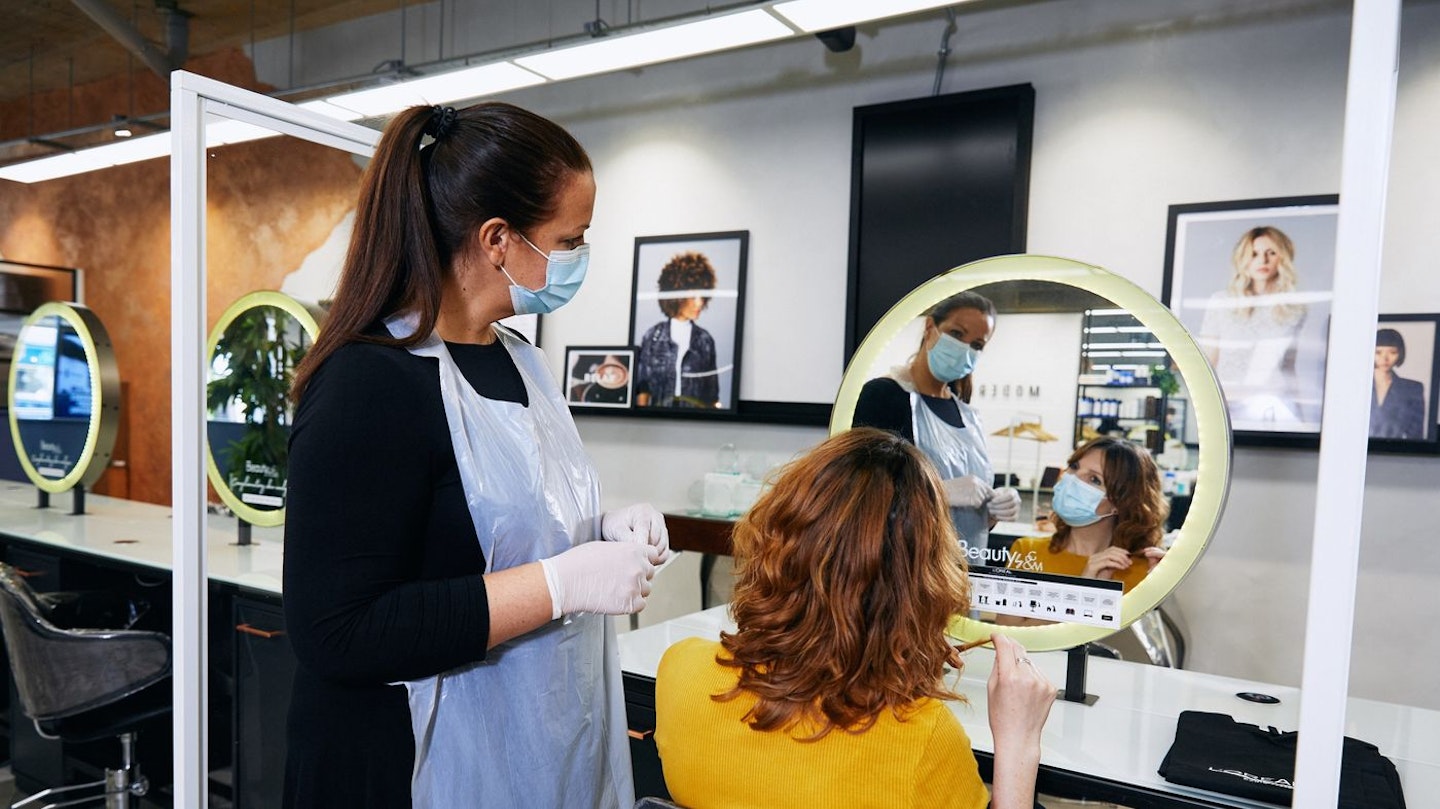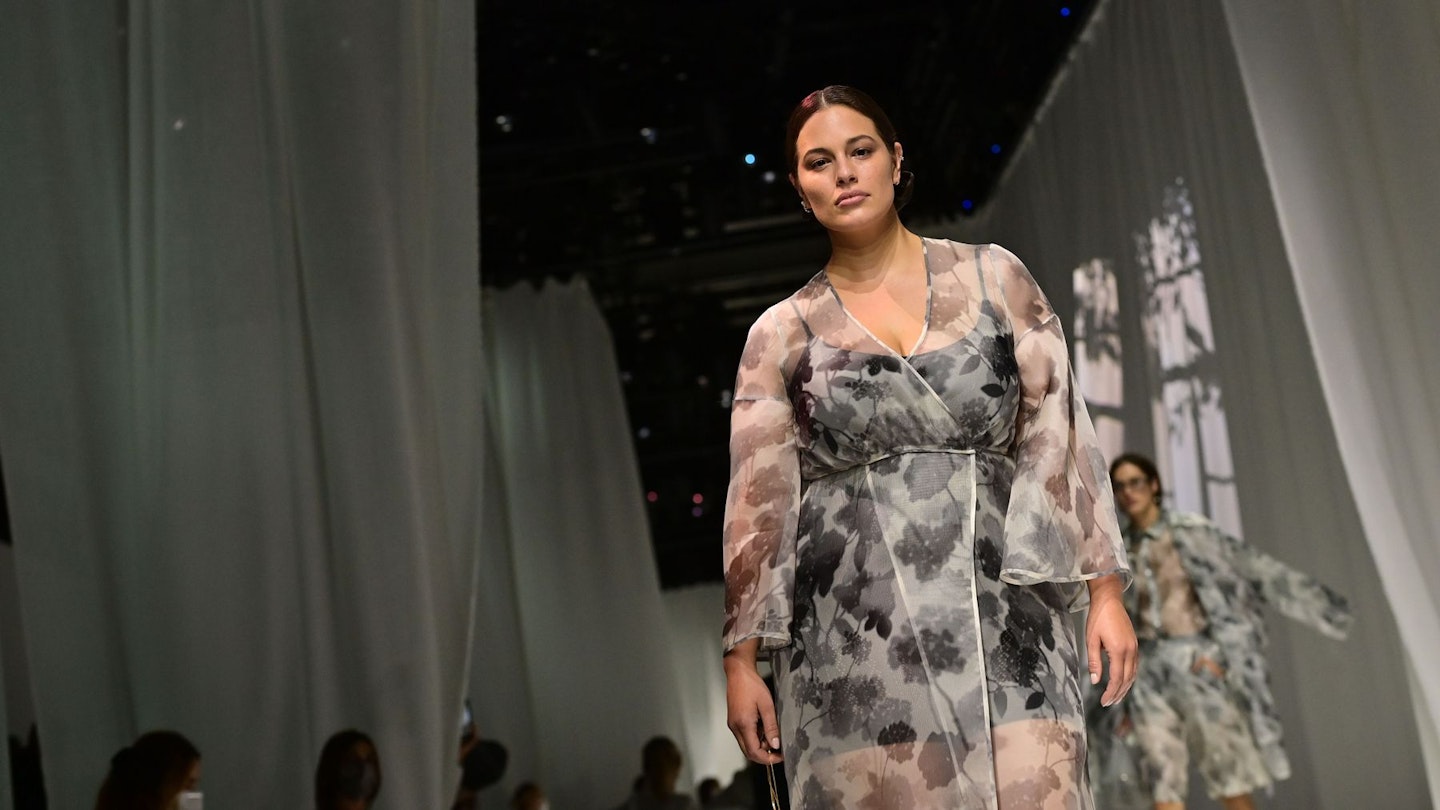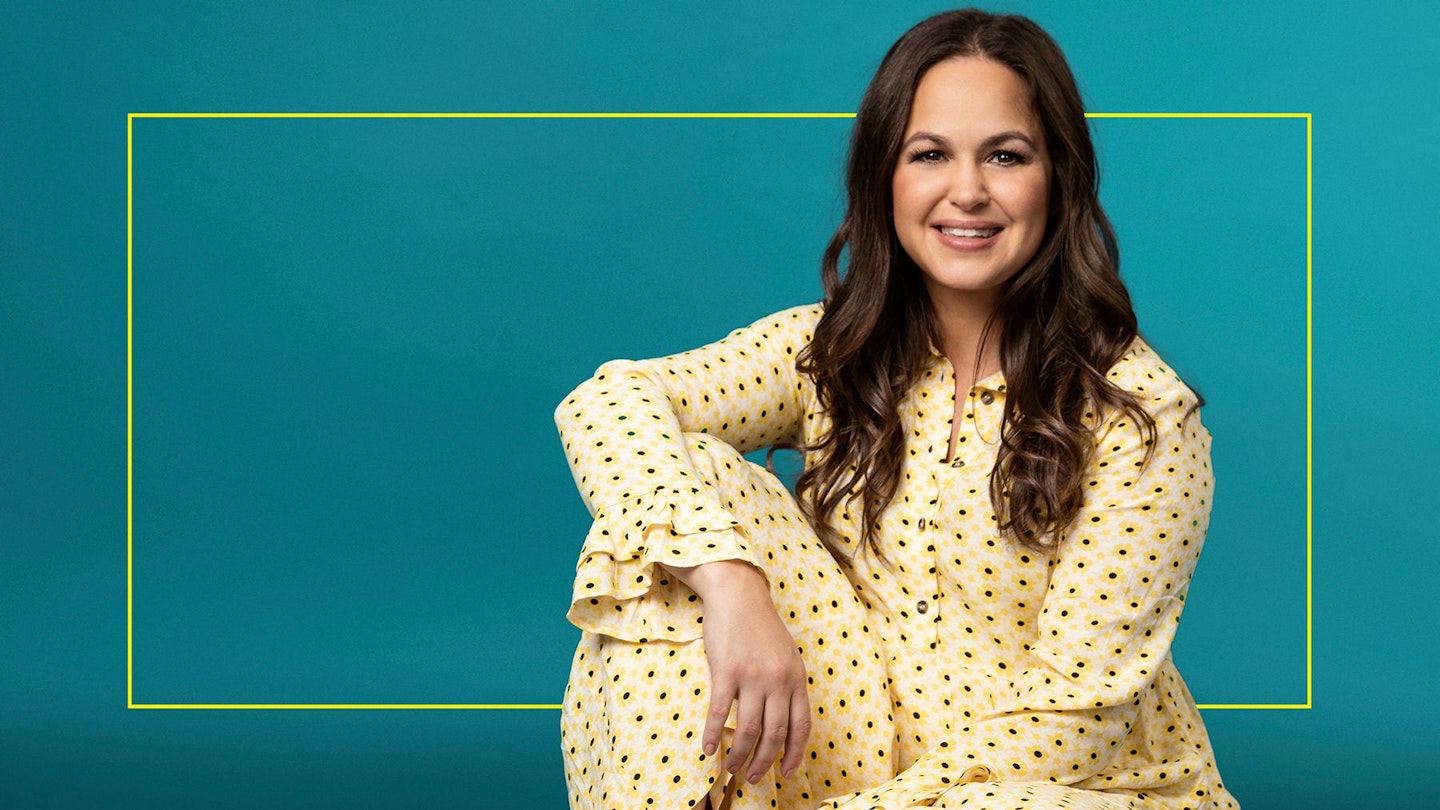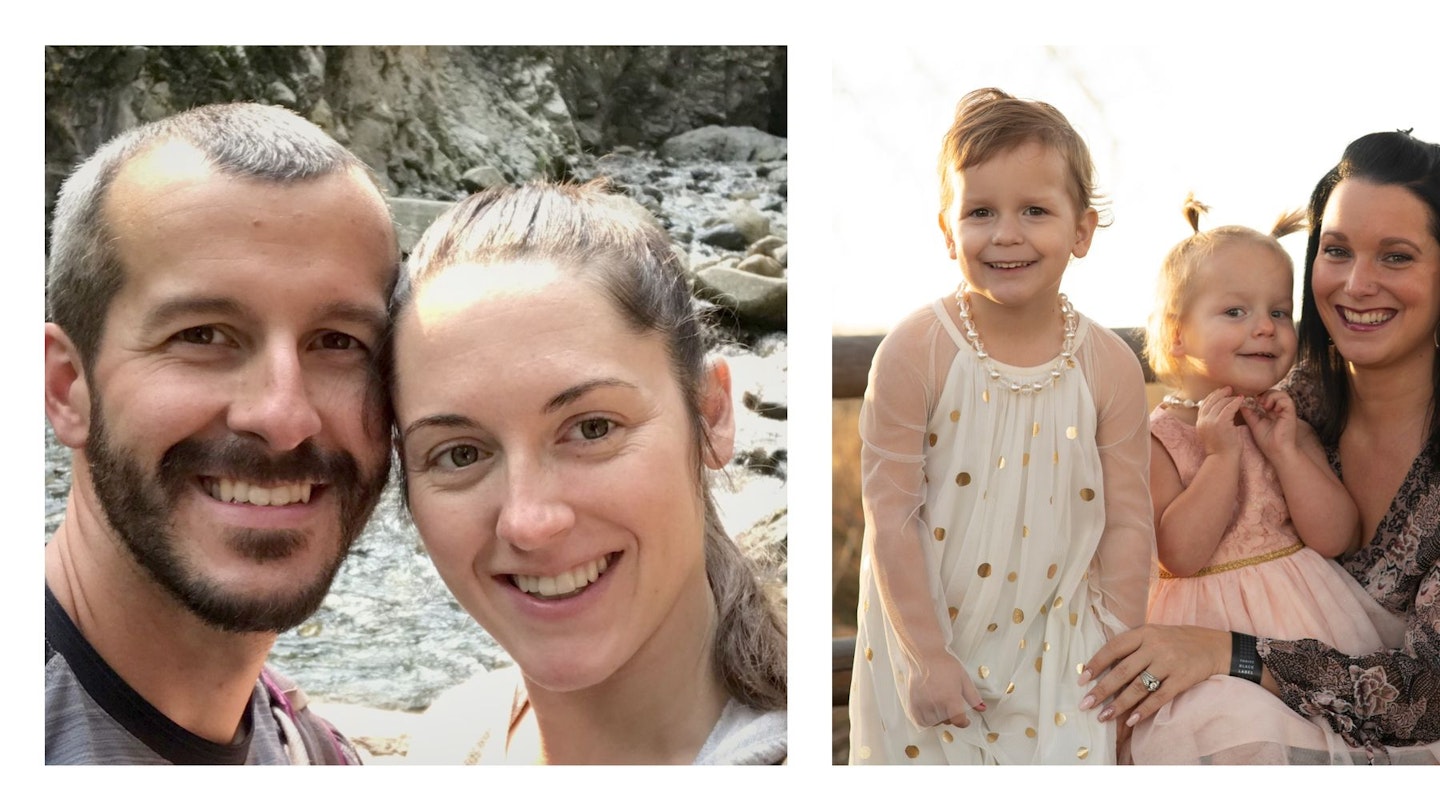Had everything gone to plan, I’d be six months pregnant right now. I’d have a bump. I’d be working, contributing to a growing savings account.
I might be about to take a holiday in this world where plans work out. It would be lovely to see and smell and feel the sea, to hug my family, so a trip home to Ireland would be nice. But this is 2020 – and nothing has gone to plan, for anyone.
As it stands, I am not pregnant – a round of IVF failed in late February and subsequent treatment was postponed indefinitely as the NHS was besieged by the coronavirus crisis. I’ve been ransacking that savings account, spending the money on tests at a private fertility clinic. My income has taken a hit, as has happened to so many others. I haven’t seen the sea since summer 2019 and I haven’t hugged my family since just before Christmas. This wasn’t the plan.
Since March, so many people’s lives have been turned upside down in so many ways. There have been small annoyances and profound, devastating losses. Weddings and holidays have been cancelled. Jobs and businesses have been obliterated. Tens and tens of thousands of people have lost a loved one. Change that might have ordinarily taken months or even years – implementing a working-from-home policy for all staff at a large corporation, for example – happened overnight.
Occasionally, that change has been positive. Nearly everyone I know has enjoyed the enforced slowing down. For many, though, it has been devastating.
There has been so much loss and grief and, even when the disrupted plans have been relatively trivial, it has been tricky because, for most of us, change is difficult.
‘Most people like the safety of familiarity,’ says Julia Samuel, a psychotherapist and author of This Too Shall Pass. ‘People don’t recognise how difficult [change] is and think they are doing it wrong. The truth is that change on all fronts requires work. We need to work at actively adapting.’
Instead of doing that often painful work, we might rely on unhealthy coping mechanisms: it’s rare to come across someone who didn’t spend spring 2020 swaddled in a comfort blanket of screen time, banana bread and wine. Coping mechanisms will only get us so far, however, and we will eventually have to find other ways to support ourselves. We will have to adapt to the stress and the trauma. We will have to be resilient. ‘Resilience is key to how we recover from difficulty,’ says Julia, who defines it as ‘a combination of grit and flexibility to bounce back’.
Graziau2019s 10 Best Stories You Might Have Missed (slider)
 1 of 10
1 of 10Will Beauty Salons Close Again If There’s A Second Lockdown?
 2 of 10
2 of 10Why I Genuinely Pay £205 For The Moisturiser That Kim Kardashian West Uses
 3 of 10
3 of 10Celebrities Are Wearing UGG Boots Like It's 2004 – Will You Be Joining Them?
 4 of 10
4 of 10'Street Style Was Already Tired, And Now The Pandemic Has Killed It Completely’
 5 of 10
5 of 10Here Are 7 Trends From The Spring 2021 Catwalks That You Can Wear Right Now
 6 of 10
6 of 10Love Island's Amber Gill On Managing Her Mental Health
 7 of 10
7 of 10'I'm Overwhelmingly Proud': Giovanna Fletcher On The Duchess Of Cambridge And Her New Virtual Tour
 8 of 10
8 of 10An Obsessive's Ode To Lily Collins' Eyebrows
 9 of 10
9 of 10The Family Next Door Is A Harrowing Portrayal Of Domestic Violence, So Why Are The Women In It Being Blamed?
.jpg?auto=format&w=1440&q=80) 10 of 10
10 of 10Like Noel Fielding And Matt Lucas, We're Quite In Love With Laura Adlington From Great British Bake Off
Writer Kerry Hudson, who recently published a memoir about growing up poor in Britain, is currently working on a non-fiction book about resilience, a subject that is now particularly timely. 'Resilience – and the hope that accompanies it – has saved my life on more than one occasion,’ she says of her decision to write the book. She considers it a ‘vital but often overlooked quality’ and says that she wants to explore ‘how it can be harnessed and fostered’.
She worries, though, that the concept of resilience is sometimes ‘skewed to make people – women especially – feel like they’re not tough enough, not doing enough, just not enough generally’.
‘It’s not a stick to beat yourself with,’ she says. ‘For me, it is knowing you can be vulnerable, struggling or fearful. Be gentle with yourself and find resilience within that kindness. It’s about learning where your personal, unique strengths lie and understanding how to use them.’
For the hundreds of thousands of people who will be facing unemployment or reduced working hours over the coming months, that kind of resilience will be key. Jade Haynes-Love was working in an east London florist when the pandemic hit and lost her job as soon as lockdown was introduced. There were no opportunities in floristry and ‘the first few weeks were tough’, she admits. ‘I was sitting around thinking, “What am I going to do with myself ?” I had days when I thought, “Oh God, I can’t do this.”’
She began to spend her days gardening on her balcony and cycling around the empty city. ‘I tried to use that time to think about what I want. What I want to change if things go back to normal, and what I don’t want to go back to, at all.’ Now Jade has set up her own floristry business, selling bouquets in cafés and at a weekly market stall.
She knows that she has more to learn in floristry but being either a freelance florist on major projects or a full-time employee under more experienced florists is not an option right now. Setting up her own small business is her Plan B and she’s making it work.
Jade says that the support of friends and family was crucial in allowing her to make the change to being self-employed – and it’s widely acknowledged that good relationships underpin resilience. When mourning a death, a job loss, a failed round of IVF or an old, more carefree way of life, we get through with the help of those to whom we are closest. ‘When we are grieving, it is love and a connection to others that enables us to survive,’ says Julia.
The practical basics of self-care – taking exercise, aiming for plenty of sleep, moderate drinking, sensible eating, practising meditation – are necessary for building and maintaining the strength to be resilient, too. And once you’ve done all that, there is the more difficult task of holding on to the slippery, mercurial quality of hope.
There will be tough times ahead. The pandemic has underlined the harsh truth that life is not a straightforward ascent.
We must have hope if we are to be resilient when the unexpected setbacks show up.
As Jade arranges a bunch of bright orange dahlias, she must be hopeful. And as I begin to inject myself with synthetic hormones,
I must be hopeful.
Julia puts it this way: ‘In the end, hope is the alchemy that turns a life around.’
